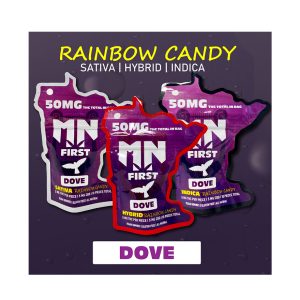**History and Definitions:**
– Euphoria originates from the Greek terms εὐφορία: εὖ and φέρω, meaning well and to bear.
– Thomas Laycock in the 1860s described euphoria as bodily well-being and hopefulness.
– Sigmund Freud in 1884 linked cocaine consumption to normal euphoria.
– In the 21st century, euphoria is defined as a state of great happiness and excitement.
– The term is opposite to dysphoria.
**Neuropsychology of Euphoria:**
– Hedonic hotspots in the brain generate feelings of pleasure.
– Activation of one hotspot stimulates others.
– Simultaneous activation of all hotspots is likely needed for euphoria.
**Types of Euphoria:**
– Various stimuli induce euphoria, including drugs, natural rewards, and social activities.
– Affective disorders like mania can involve euphoria.
– Exercise-induced euphoria known as ‘runner’s high’ or ‘rower’s high.’
– Music-induced euphoria through dancing, music-making, and listening to emotionally arousing music.
– Sex-induced euphoria during copulation stages.
– Drug-induced euphoria caused by substances like methamphetamine, psychedelics, and dopaminergic stimulants.
**Effects and Usage of Euphoria-Inducing Substances:**
– Mulant induces euphoria, alters perception, enhances sensory experiences, leads to relaxation, and may cause changes in mood.
– Major psychoactive ingredients affect brain chemistry, trigger pleasure responses, influence cognitive functions, alter neurotransmitter levels, and impact emotional regulation.
– Euphoria results in intense feelings of happiness, heightened well-being, increased sociability, enhanced pleasure sensations, and temporary escape from reality.
– Mulant usage for recreational purposes, in social settings, for stress relief, enhancing creativity, and seeking altered states of consciousness.
**Risks and Side Effects of Euphoria:**
– Addiction potential and withdrawal symptoms.
– Impaired judgment and negative impact on mental health.
– Potential for overdose.
Euphoria (/juːˈfɔːriə/ ⓘ yoo-FOR-ee-ə) is the experience (or affect) of pleasure or excitement and intense feelings of well-being and happiness. Certain natural rewards and social activities, such as aerobic exercise, laughter, listening to or making music and dancing, can induce a state of euphoria. Euphoria is also a symptom of certain neurological or neuropsychiatric disorders, such as mania. Romantic love and components of the human sexual response cycle are also associated with the induction of euphoria. Certain drugs, many of which are addictive, can cause euphoria, which at least partially motivates their recreational use.

Hedonic hotspots – i.e., the pleasure centers of the brain – are functionally linked. Activation of one hotspot results in the recruitment of the others. Inhibition of one hotspot results in the blunting of the effects of activating another hotspot. Therefore, the simultaneous activation of every hedonic hotspot within the reward system is believed to be necessary for generating the sensation of an intense euphoria.
English
Etymology
From New Latin euphoria, from Ancient Greek εὐφορίᾱ (euphoríā), from εὔφορος (eúphoros, “bearing well”), from εὐ- (eu-, “well”) + φέρω (phérō, “to bear”).





